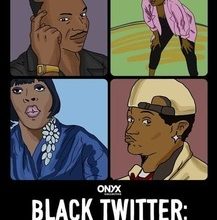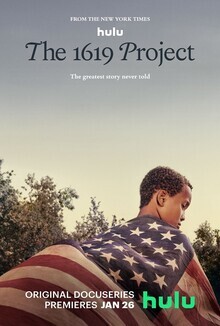
The 1619 Project
The 1619 Project
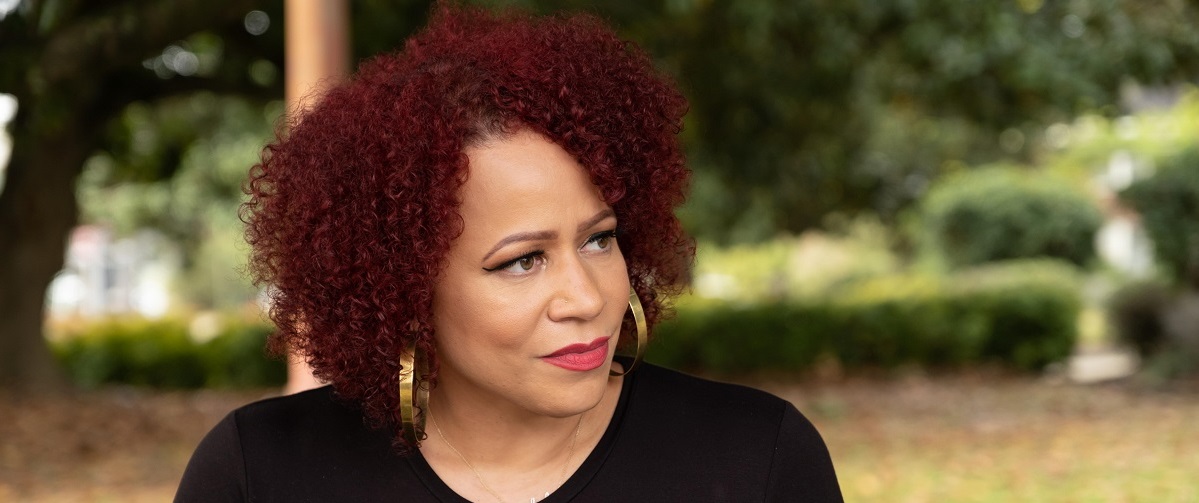
Knowledge of the 1619 Project first piqued my attention in 2020, when I learned that legislators and citizens alike were pushing to have its content banned from public education. Created and spearheaded by journalist Nikole Hannah-Jones, “The 1619 Project” is a hub of crucial information regarding the history of Black people in America, both as an initiative and its new form as a 6-part Hulu documentary series, premiering today.
“We forged a new culture of our own, giving birth to ourselves…It was by virtue of our bondage that we became the most American of all.”
What saturates this series with significance is not simply the comprehensive documentation of our history, but the expertly threaded connections to modern forms of the same systemic oppression in disguise. The episodic format gives each chapter its own topic, allowing for pinpoint focus on a variety of issues, allotting each one a full hour in search of clarity and exploration.
Whether paralleling the origin of gynecology with the continued medical racism affecting Black mothers or comparing cotton-picking logbooks with Amazon’s warehouse protocols, “The 1619 Project” adheres to the principle that the consequences of Black history impact the culture of all Americans.
However, the series doesn’t deliver its content with textbook dryness or pure objectivity, and this is where Hannah-Jones’ journalistic hand is felt. Each episode of “The 1619 Project” feels like a conversation as well as a collection of personal essays. It is an educational memoir of Black America. Interviews with experts in their fields, everyday citizens, and Hannah-Jones’ own personal anecdotes and familial history give faces to issues that are often presented as headlines or papers on the desks of legislators. It brings humanity to the forefront of social problems rendered anonymous by statistics or invisible by suppression.
The value of the series’ content is undeniable, but the visuals that support the show fall significantly below expectation. With a name like Oprah Winfrey among the producers, there should’ve been space in the budget to provide imagery beyond slideshows and simple animated graphics. The series doesn’t take advantage of its visual format, and while there isn’t shame in a simple approach, the neglect to devote measurable attention to it is disappointing.
The overarching thesis of “The 1619 Project” is that an amalgam of social issues affecting all Americans are the result of institutions born and bred from the enslavement of Black people. The antiquated systems and laws put in place may have changed context, but they did not change consequence. The government and corporations alike are able to exploit old laws to affect new policy, and the show proclaims that without the knowledge of history’s origins, we will always be subject to manipulation.
The six-part series is built both on ideology and emotion, covering the ideas of capitalism and fear with the same dexterity and priority. The series’ research is woven into the present with agility and starkness, unclogging the direct history-to-culture pipeline. By revealing dire and damning histories then thrusting an adjacent circumstance of modern day into our face, “The 1619 Project” prompts us to realize that the shallow pool of how far we’ve come could be less than ankle deep.
“The 1619 Project” is both celebratory and searing. There is adoration for the trajectory of Black people in America, the institutions they helped build, and the hurdles they are constantly overcoming. There is also criticism for the ways this history is overlooked, as well as the dismissal of racism that comes with segregating our identities. By projecting the evidence that “Black issues” also affect white people, Hannah-Jones expands her reach. She is not rewriting the archives, nor twisting their context; she is dusting off old documents and framing them in gold, demanding our attention through hanging the information on a modern wall and testifying to the undying, and sometimes indiscriminate, influence of white supremacy.
On Hulu now.

Peyton Robinson
Peyton Robinson is a freelance film writer based in Chicago, IL.
Now playing

Kingdom of the Planet of the Apes
Tomris Laffly
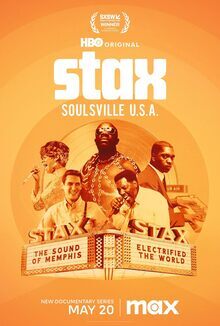
STAX: Soulsville, USA
Matt Zoller Seitz
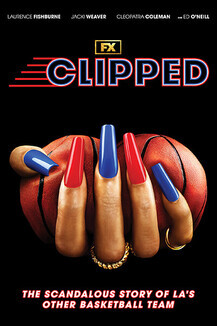
Clipped
Brian Tallerico
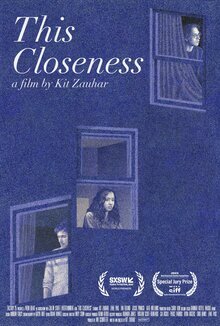
This Closeness
Katie Rife
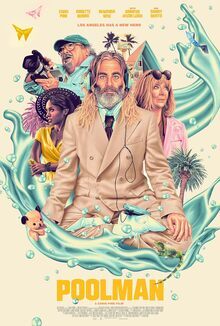
Poolman
Matt Zoller Seitz
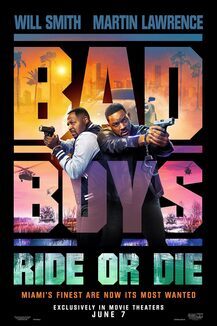
Bad Boys: Ride or Die
Brian Tallerico
Film Credits
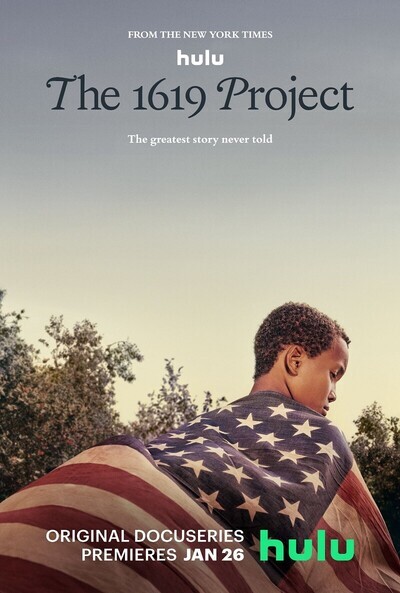
The 1619 Project (2023)
Latest blog posts

The Actors Rumored to Star in the Beatles Biopics Look Nothing Like Them. Good.

How Cold War Thrillers Expressed Presidential Campaign Concerns
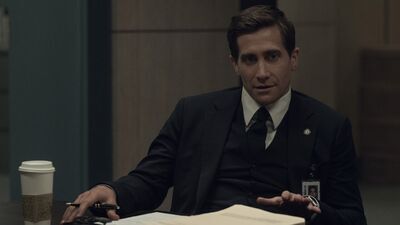
Presumed Innocent Spins Riveting Mystery on Apple TV+
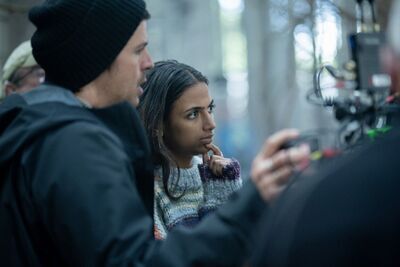
The Language of Horror: Ishana Night Shyamalan on The Watchers
Comments
comments powered by Disqus


